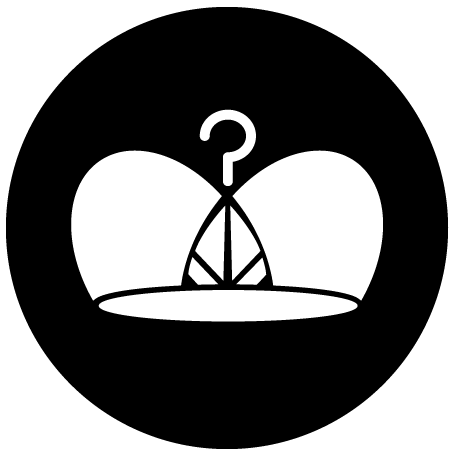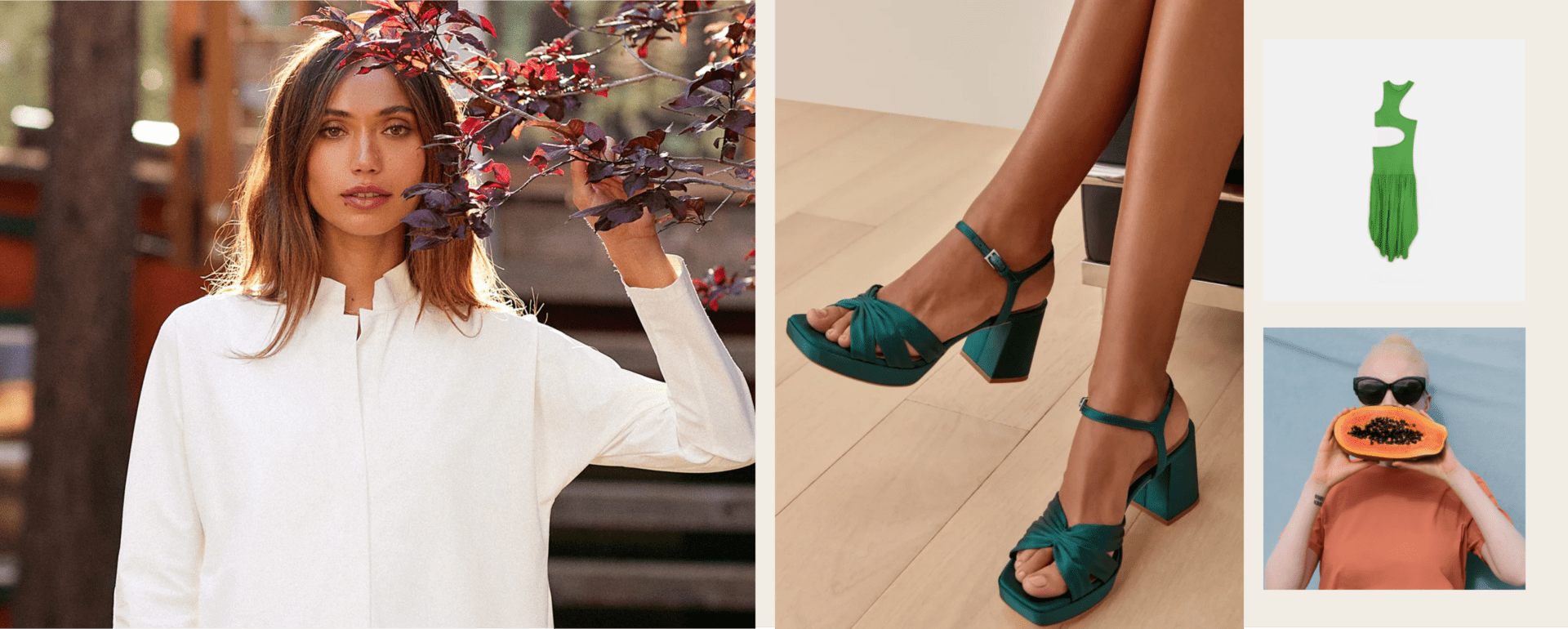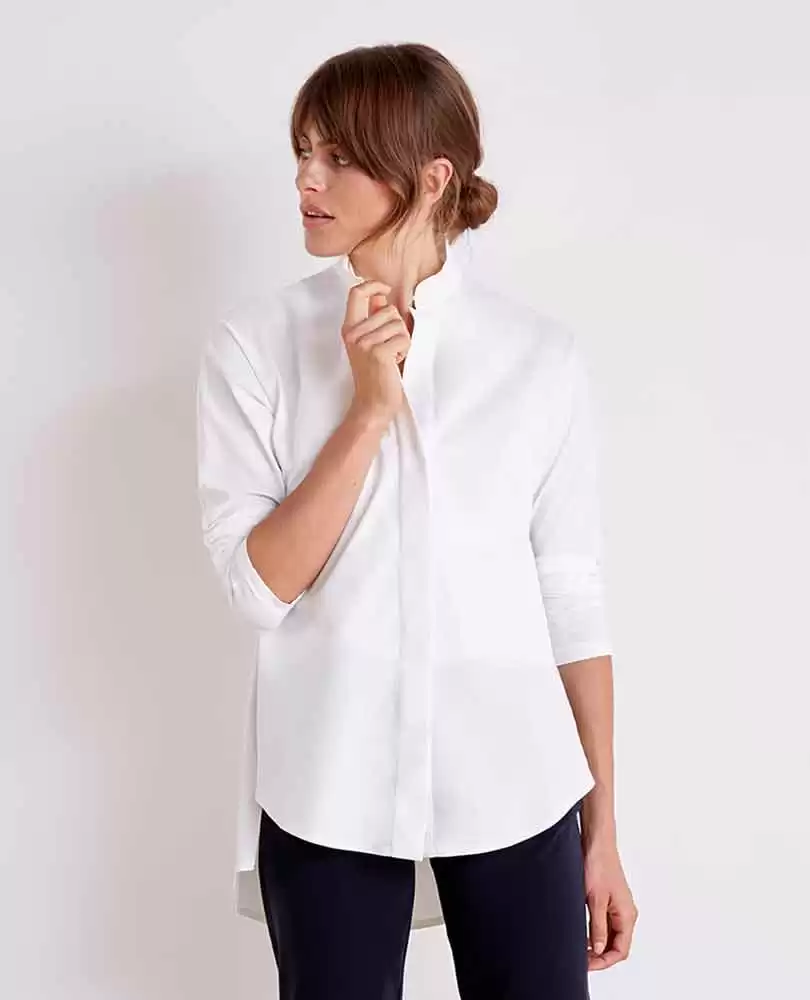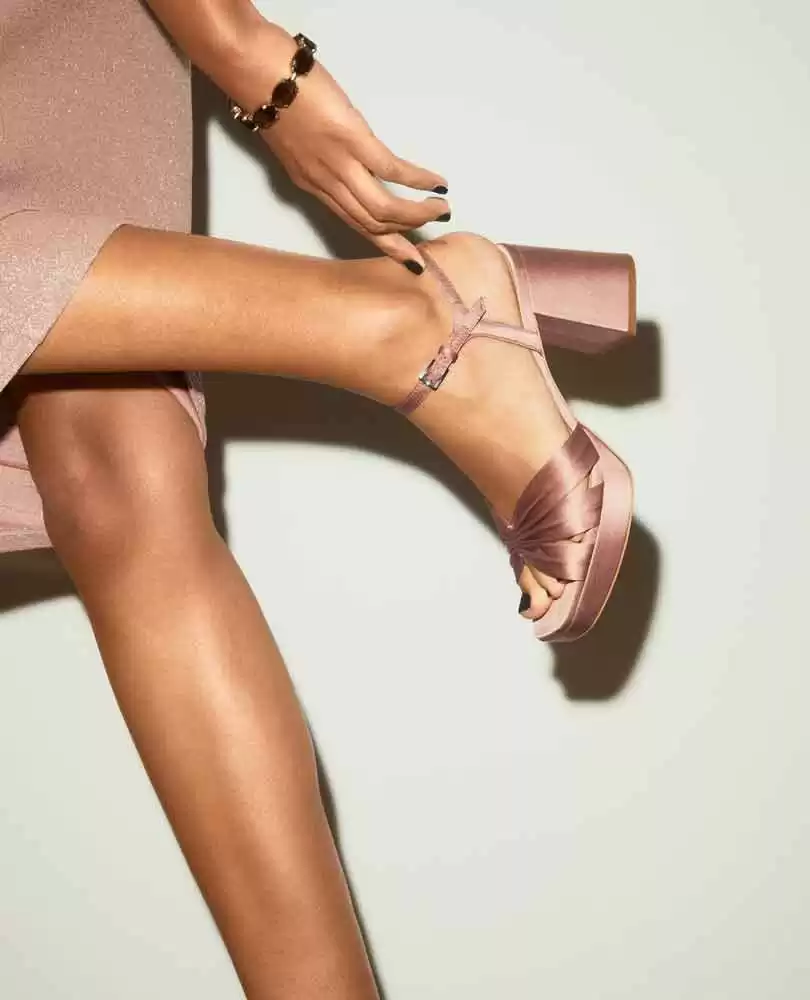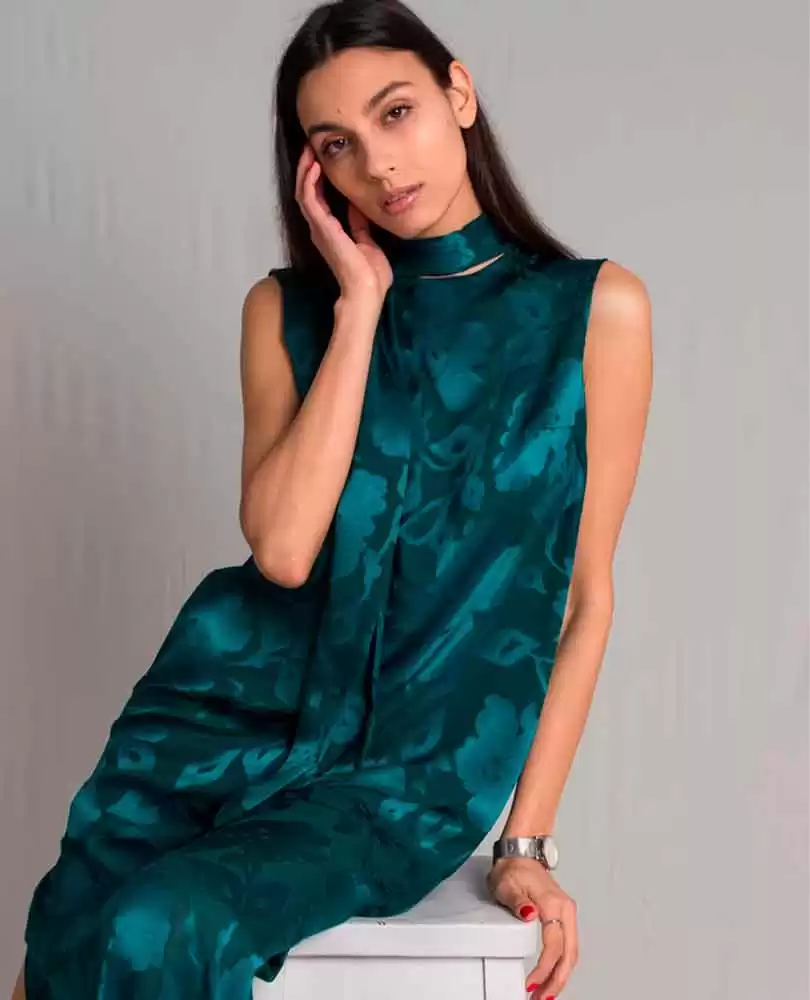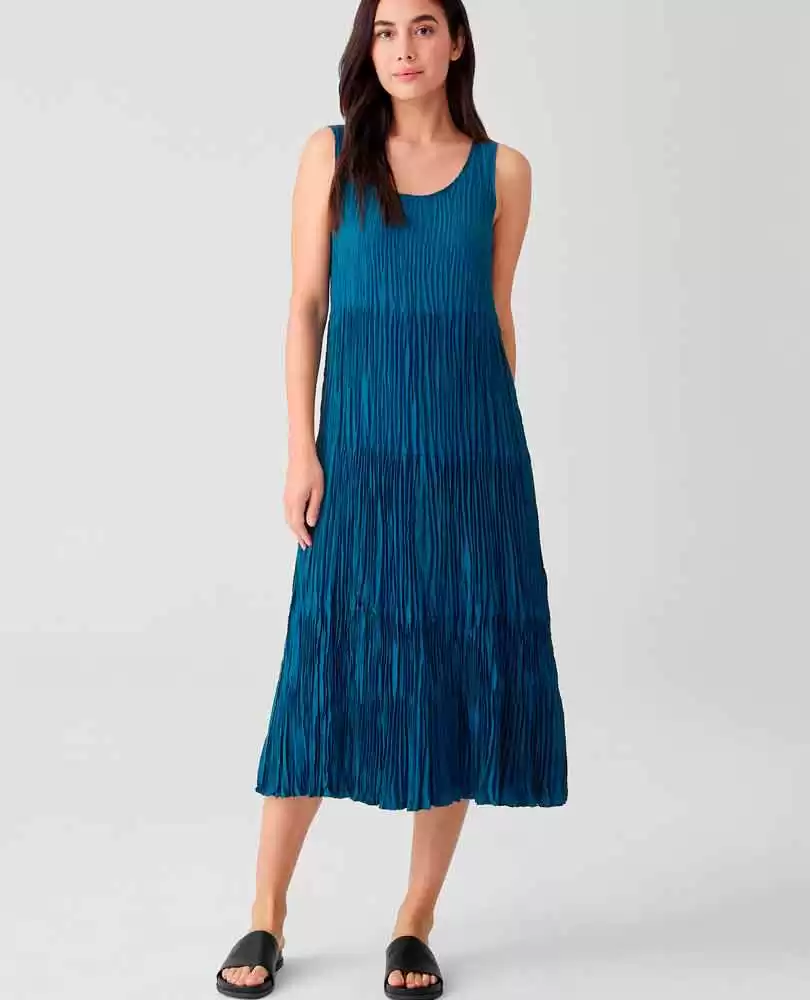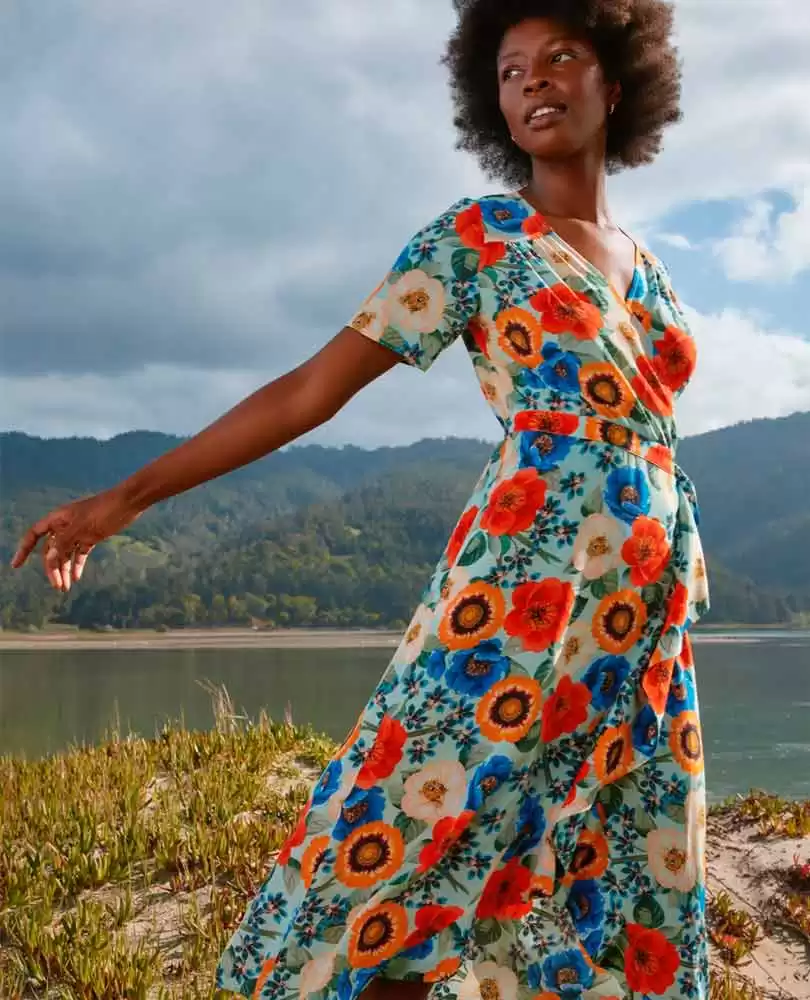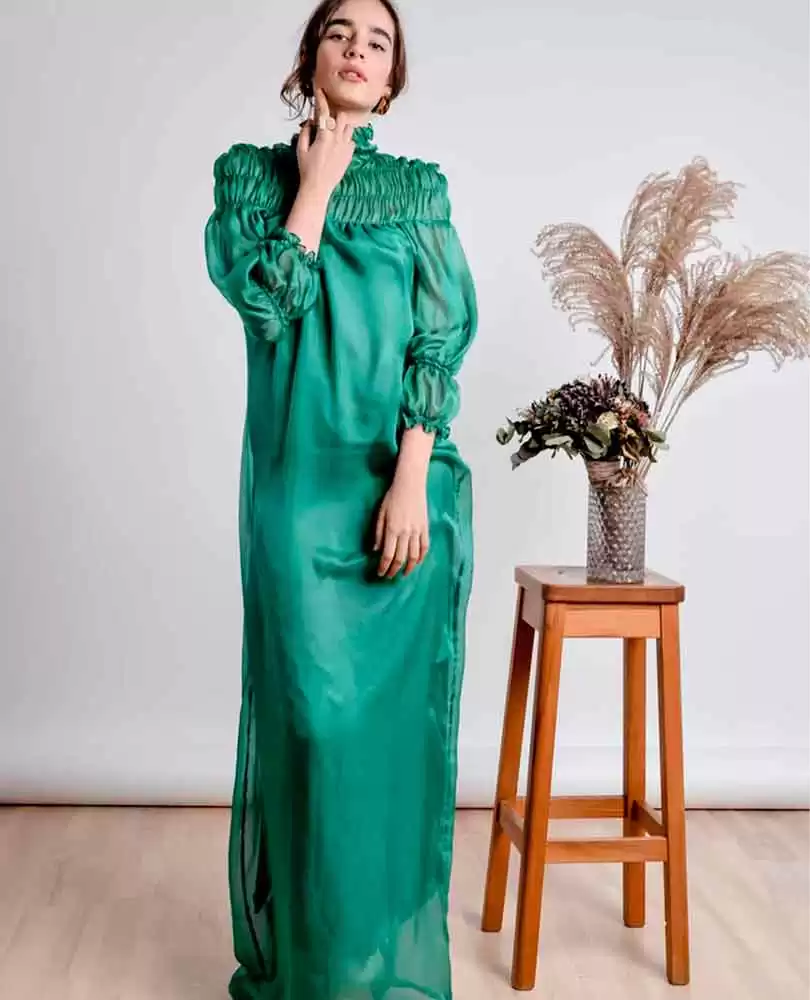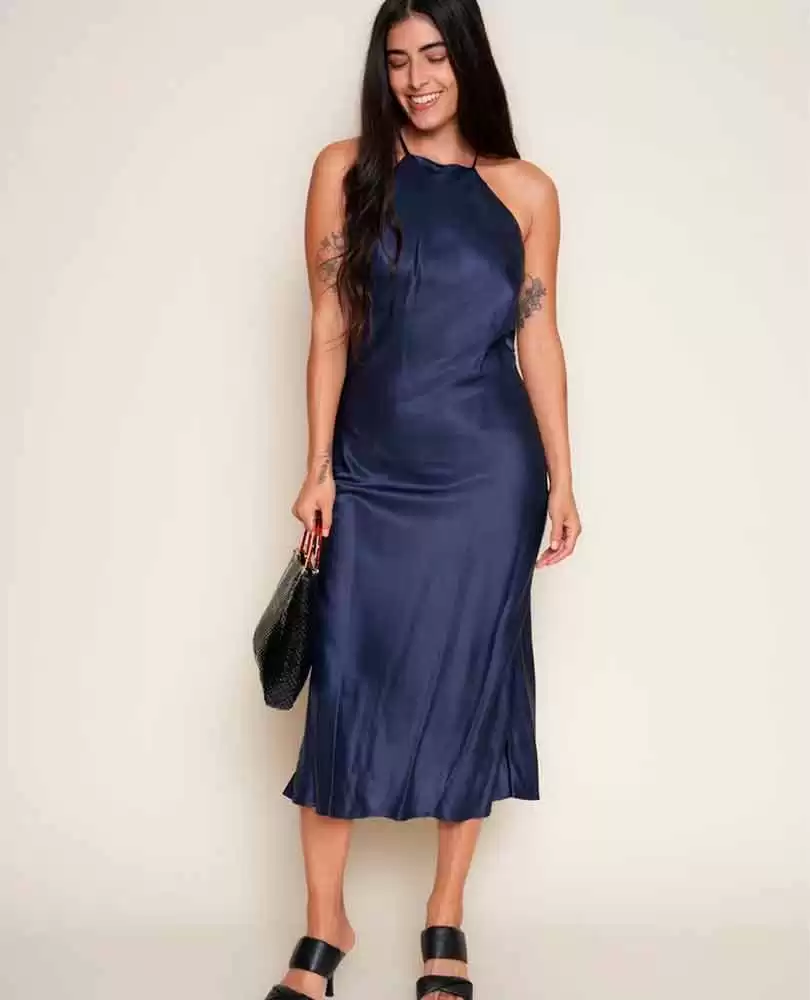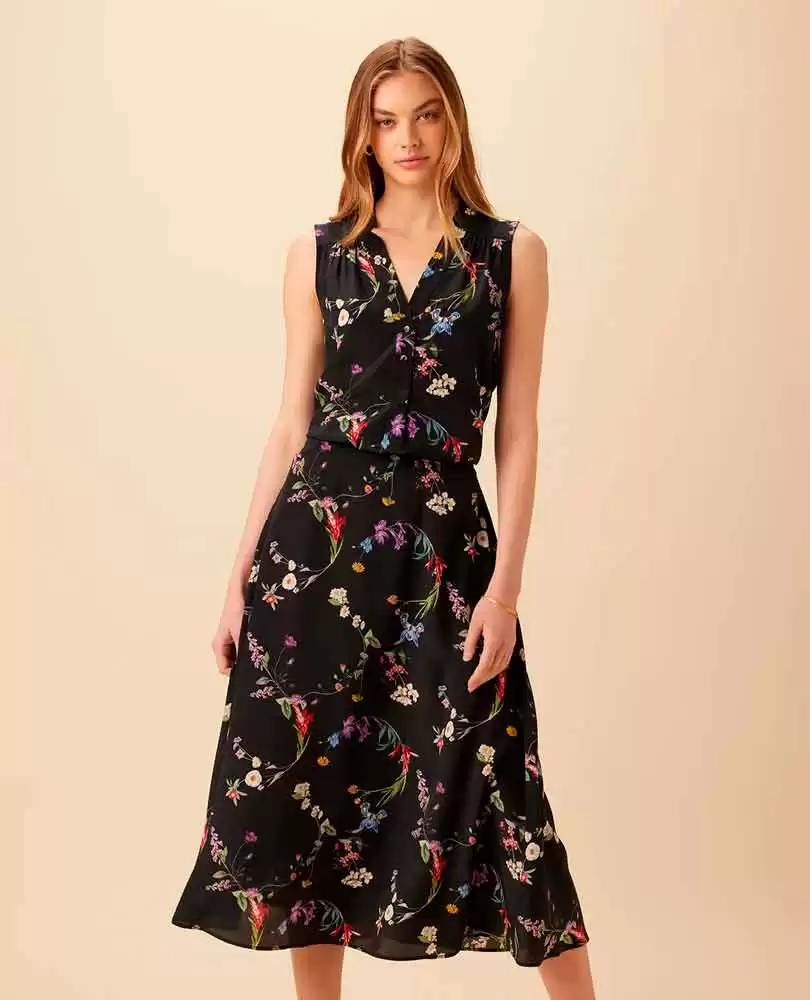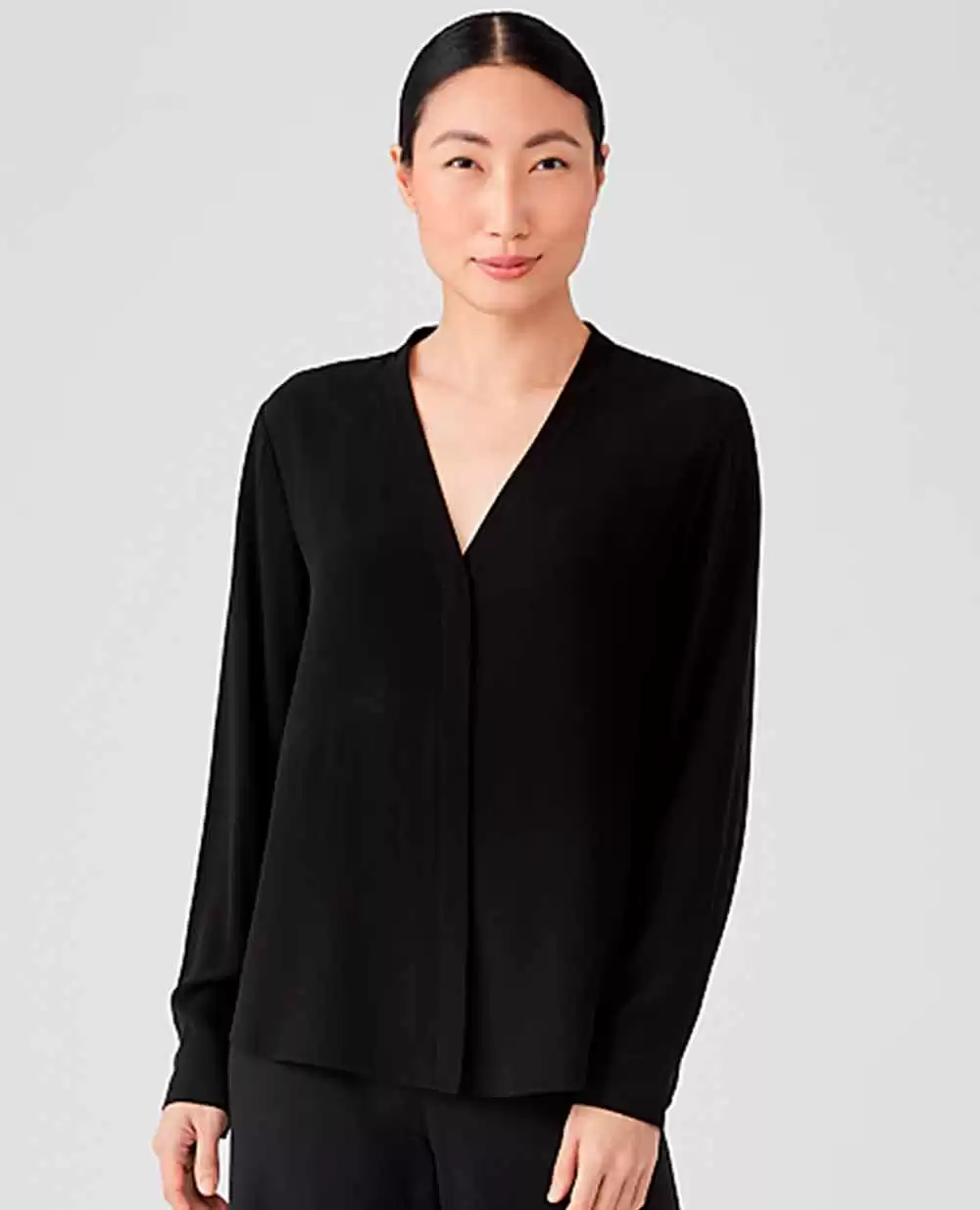19 Feb Is silk a sustainable fabric?
Beautiful, luxurious, comfortable and gentle, silk comes from the cocoons of silkworms. Many people think that silk is an environmentally friendly fabric because it’s natural, biodegradable, and traditional. You might be surprised to find out that silk has actually a high environmental impact. Let’s see how silk is made, where and by whom to understand why we call silk a “complicated” fabric.
Environmental impact
First of all, silk has a mixed environmental impact. Yes, it is a natural fiber and will biodegrade. Mulberry trees that are homes to most silkworms require few pesticides or fertilizers, can be grown organically, and require less water than cotton.
It’s the energy use where silk causes most of the environmental damage. Silk farms are kept at a certain humidity and temperature (65 degrees). Also, as most of the silk is made in hot climates in Asia, it also requires large amounts of energy for air conditioning.
According to the Higg Index developed by the Sustainable Apparel Coalition, silk has by far the worst impact on the environment than any textile, including polyester, viscose/rayon, and lyocell. They reveal the numbers that show the environmental impact of silk production is even worse than that of cotton, using more fresh water, causing more water pollution, and emitting more greenhouse gases.
If you care about climate change, you should consider switching to other textiles with lower climate impact according to the Higg Index. Or, you might be lucky and find a brand that works with a silk farm which uses alternative forms of energy. Of course, there are also vintage & second-hand options.
Chemicals
The good news for silk is that it needs little land and little chemical usage. Silkworms feed on the leaves of mulberry trees, which are mostly grown without the use of pesticides (pesticides can harm silkworms) on marginal lands that can’t be used for other crops.
Look for silk that hasn’t been weighted and colored with low-impact dyes, or is certified organic – produced without any synthetic chemicals or growth harmful substances.
Ethical dilemma
It’s not a secret that to make silk, larvae that develop in a cocoon are killed by steam before they eat through the silk thread. If you’re not a vegan this aspect of silk production probably wouldn’t bother you too much. If it makes you feel better, researchers haven’t found the evidence that silkworms experience pain, or suffer when they’re killed inside the cocoon.
Can you now see how complicated silk production is? The final choice is on you – preserving tradition and supporting rural artisans or wearing only animal-free products. Watch this short and informative video to learn more about how silk is made.
Video credit: Vox on YouTube
Social impact
Much of the silk available in the U.S. comes from China and India. Silk’s detractors will point to the awful incidents of child labor found in the silk industry in India and Uzbekistan.
However, sericulture, or the production of silk and rearing of silkworms, has also been an important part of certain cultures for centuries, especially in India and China, the world’s biggest silk producers. In both countries today it provides a steady income to a large number of people. In rural areas of India, for example, silk production offers jobs that can be invaluable, especially for women. “The sericulture industry has opened up phenomenal employment avenues and helped women to become important players in the decision-making process—whether in the household or in the community at large,” wrote the author of one study of a South Indian village.
If traditional sericulture farms in Asia go bankrupt and many people lose jobs, do we think those people will get a good job in a clean, bright, safe Tencel factory nearby? It’s sad to say this, but most likely they won’t.
What are silk alternatives?
The good news is that technological development makes it possible to find less harsh alternatives to the silk-making process. Ahimsa silk, also known as “peace silk”, allows the moth to evacuate the cocoon before it’s boiled. Some silks that fall under the Ahimsa umbrella include “Eri silk” and “Tussar silk”.
Eri silk uses castor plant-fed domesticated silkworms that aren’t harmed during the production process. Tussar silkworms are wild; they are allowed to leave the cocoon before they are harvested from the forest. This brand of silk is popular in the Indian states of West Bengal and Bihar.
Note that some companies also use wild silkworms that live in an environment that imitates their natural habitat. Basically, they are free range silkworms. Wild silkworms produce more durable fabric and the producers tend to use fewer chemicals.
One thing to note is this. While peace silk is better for creatures who create it, it may not be better for the planet.
Be sure to choose OTEX-certified organic silk, Bluesign certified silk or Ahimsa silk which is GOTS-certified, to ensure you are also minimizing the environmental impact.
Fashion industry has been catching up with the sustainable trends. For example, an online fashion retailers ASOS recently decided to stop using silk under the pressure from consumers and the animal welfare group PETA – a huge step forwards for the fast growing retailer.
New technologies have been also helping create new and better alternatives to silk. Bolt Threads launched its first commercial spider silk. But the company does not use spider in the process. Amazingly, the thread is made from yeast, water, and sugar. The raw silk is produced through fermentation, they turn yeast into the raw stuff of spider silk. This innovative material is both strong and flexible, and could be used in everything like shoes, biodegradable water bottles and even bulletproof vests. The brand has even recently announced a partnership with British ethical designer Stella McCartney and an outdoor brand Patagonia.
So when it comes to buying silk or its alternatives, use the Good On You ethical shopping app to ensure that you buy sustainably produced silk.
